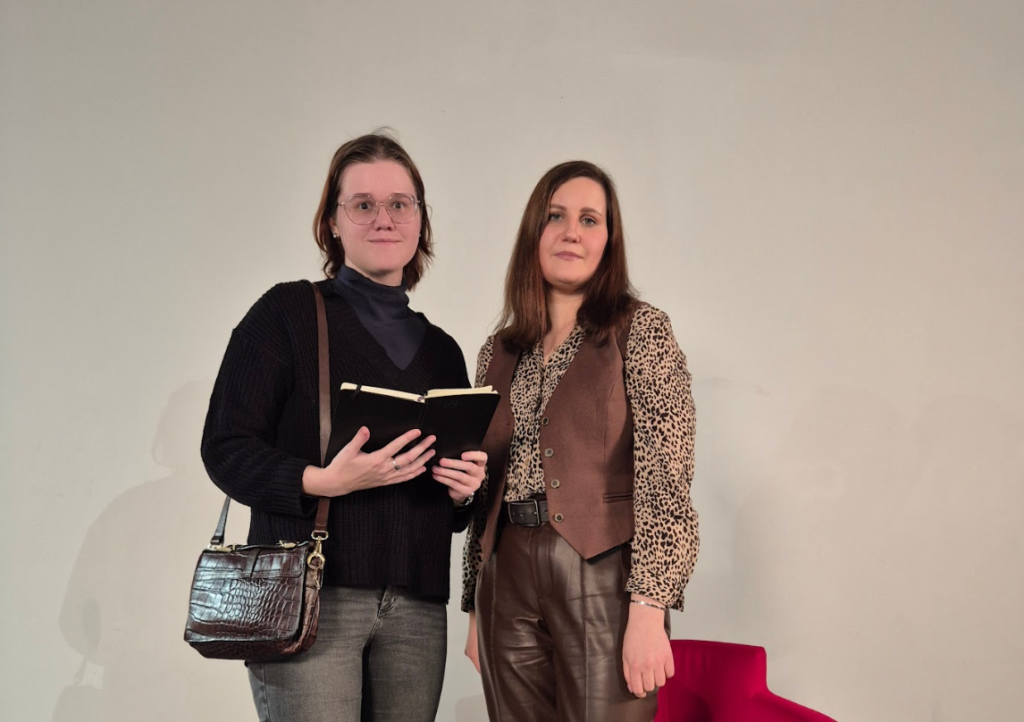Last week, I had the remarkable experience of returning to Moscow for a literary evening dedicated to “Shattered Horizons of Tarveran” https://kotlyarov-publishers.ru/product/raskolotye-gorizonty-tarveranashattered-horizons-of-tarveran-romannovel-2023-by-anastasia-dubinina at the Library of Foreign Literature. After spending so much time developing my work abroad, sharing it with readers in Russia felt like a meaningful bridge between the different cultural spheres that have shaped my writing.
The event coincided with the release of the Russian edition of “Shattered Horizons,” and I was honored to present it alongside my brilliant editor, Alena Shcherbakova. Together, we shared behind-the-scenes insights about the editorial process, from early manuscript challenges to final publication decisions. Alena’s thoughtful commentary on translating the novel’s more complex philosophical passages highlighted the careful attention given to preserving the nuances between languages. We also premiered a short video featuring concept art of Tarveran’s cityscape, which helped bring the fictional metropolis to life for attendees.
The event space was transformed with atmospheric lighting that evoked Tarveran’s fractured cityscape—screens displayed concept art inspired by the novel’s setting while subtle electronic ambient music created the perfect mood as attendees gathered.
My reading focused on the chapter where the first major rift appears in the financial district—a scene that explores how people respond to fundamental uncertainty. The discussion that followed was extraordinarily engaging, with questions ranging from technical aspects of world-building to deeper philosophical themes about institutional power and individual agency.
What surprised me most was how differently Russian readers interpreted certain elements of the novel. Many saw parallels to Soviet-era science fiction traditions I hadn’t consciously considered, particularly in my treatment of bureaucratic systems and technological ambivalence. One professor of contemporary literature suggested that my time abroad had given me a unique vantage point to examine Russian literary heritage from both inside and outside—a perspective I found quite insightful.
Several readers were particularly drawn to Malbrond’s character—the calculating strategist whose faith in numbers blinds him to human complexities. His arc seems to resonate differently here, perhaps reflecting cultural attitudes toward systems and their failures.
Writer Anastasia Dubinina
